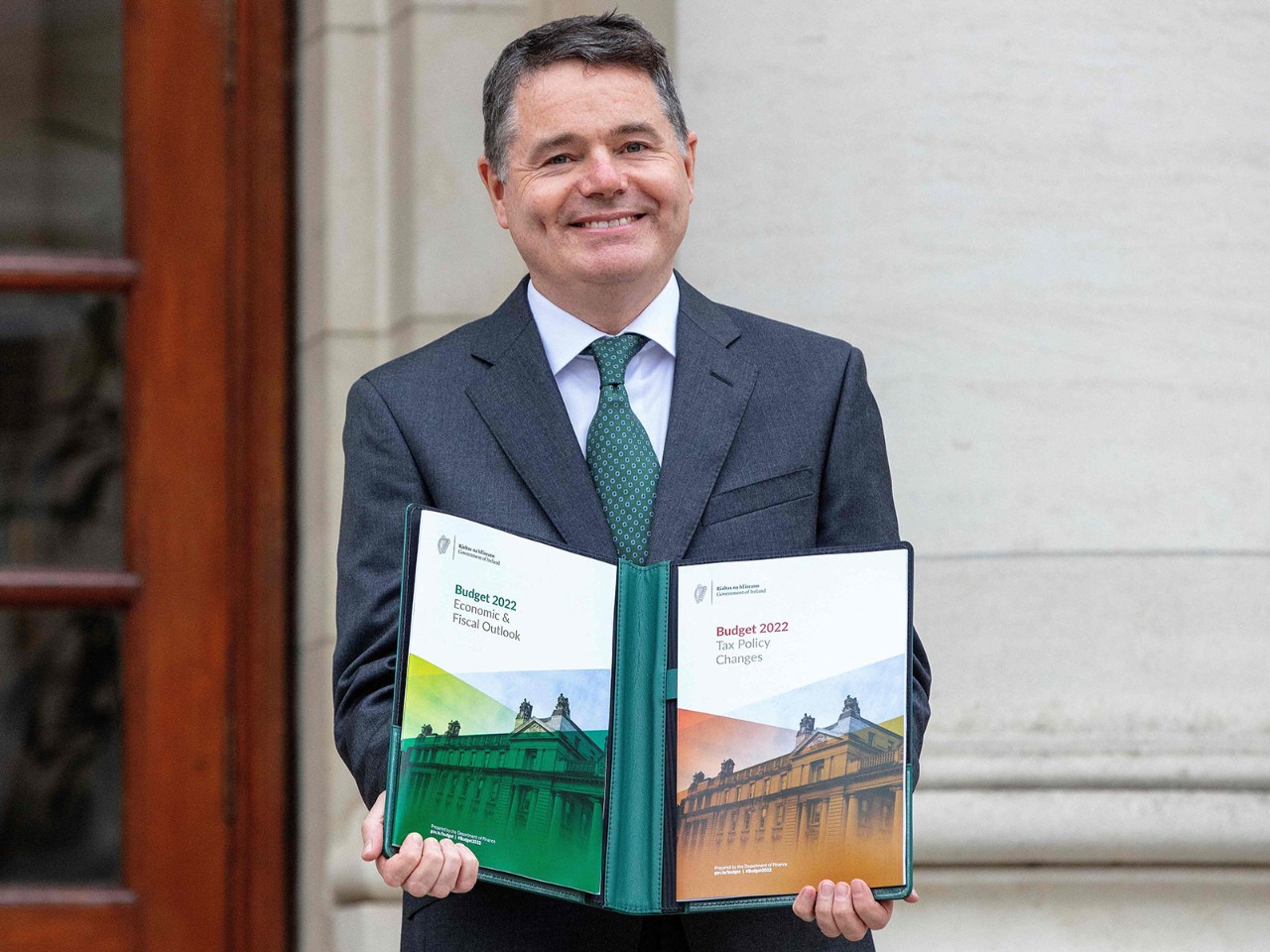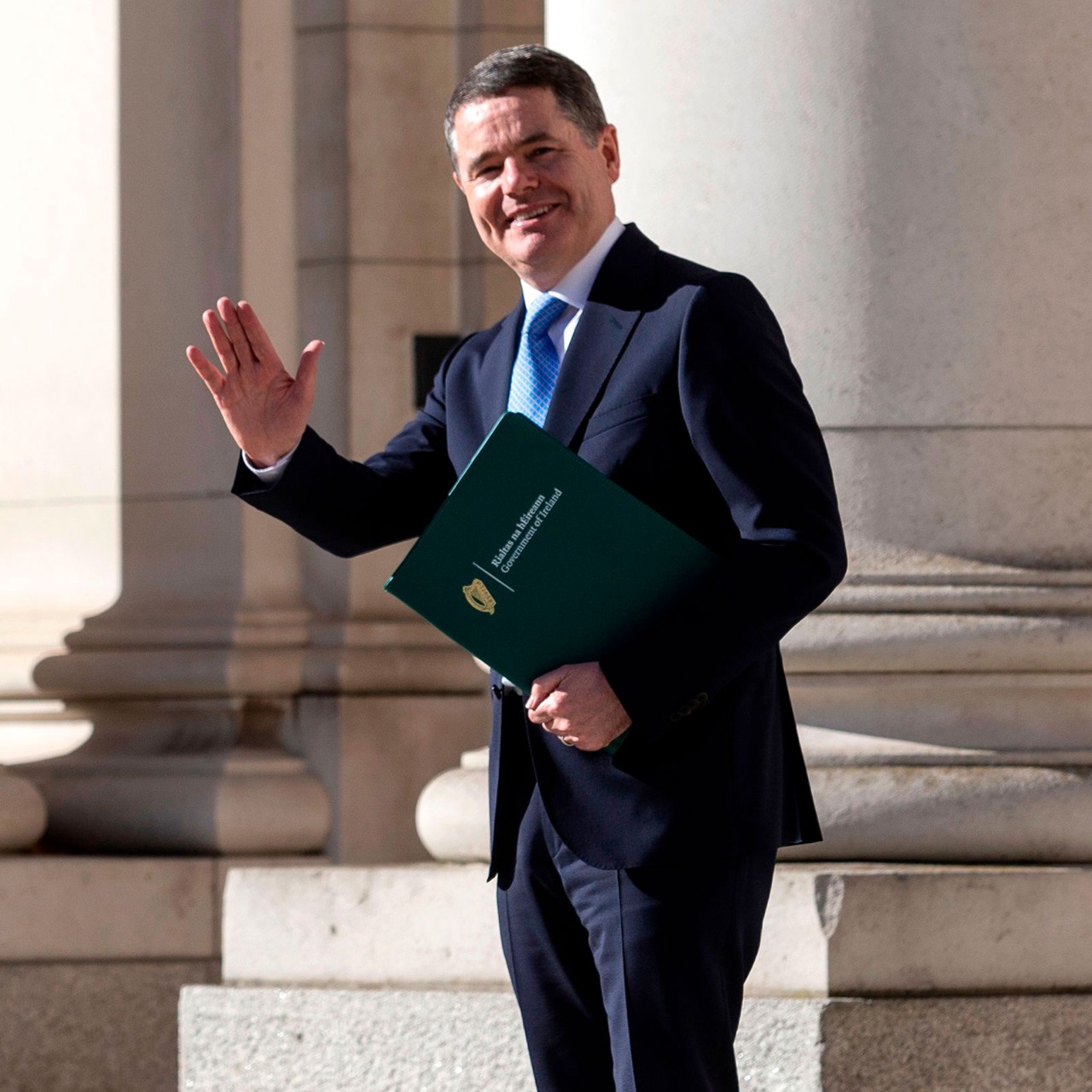When I began my private accountancy and consulting practice, I initially focused on start-up enterprises. This was rewarding from a job satisfaction perspective, but not so much financially. However, I quickly gained a reputation for mentoring established businesses. I found this very easy and satisfying as I was able to bring my previous banking and industry accounting experience into play.
I assisted small and family-run businesses in elevating their systems and procedures to the standard required to deliver the strong governance that their growth and financing needs required.

Every business must view itself as international if it is to succeed
Given my 10-plus years dealing with start-ups, it has become my area of expertise by default. But ‘start-up’ covers a very wide area, including implementation of proper management accounting systems, governance mechanisms, legal structures, accessing finance from banks and navigating the myriad of public sector grants that can be taken up. I am still learning.
Earlier this year, in my new role as assistant lecturer at Munster Technological University, I delivered an entrepreneurship module for the Master's in bioeconomy programme. While a lot of the material was second nature for me, there were some new European programmes being rolled out that I had to read myself into as well. It was an experience that reinforces the need for ACCA’s CPD programme. This term I am teaching the International Business Module. One of the key lessons is that every business must view itself as international if it is to succeed.
Some people think accounting is just debits and credits, but it is so much more than that and it is always changing.
The biggest challenges the pandemic created for businesses I worked with were around managing cashflow and accessing finance. This involved both classic bank debt and also from the ever-emerging range of Covid-19 supports. In addition to my own client base, I was assigned mentoring clients through the Local Enterprise Office and they all faced the same challenges: not enough cash to meet outgoings while getting through the lockdown.
I responded to these challenges by teaching the companies how to produce annual cashflow projections, as well as implementing a seven-day cashflow template with them. This meant that they could focus on debtor collections and meeting payroll obligations.
There are a number of positive actions I believe the government and Revenue could take to support businesses in Ireland as we move out of the restrictions phase. These include: extending the 9% VAT rate, both in timeframe and scope, to bring more services under that band; beginning to taper off the Pandemic Unemployment Payment so that labour can be affordable again; reopening the entertainment sector fully; and extending the tax warehousing deadlines, though not by too much.
What I personally would like to see change in Ireland as society reopens is that we would all generally have a bit more empathy for one another. The pandemic saw some people discover the benefits of having extra time for themselves – it would be great to maintain some of that to look after ourselves better in the future.
I say this as a mum with two busy teenagers, who is essentially double-jobbing at the minute. I was glad to have the occasional evening where I could choose what I wanted to do with my time rather than having all of life run on a timetable.
The most important business lesson I have learned in my career is to value people first and foremost. Pressure with deadlines and meeting client expectations is always there and, usually, all of that pressure can be managed. In the midst of all of that, you have to develop your skills with people, whether they are colleagues, employees or clients. This is where you will reap the dividends.




